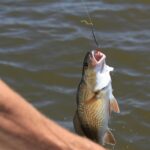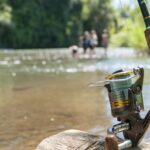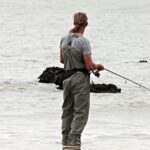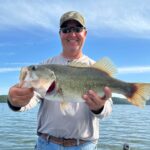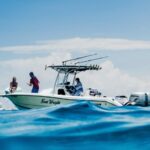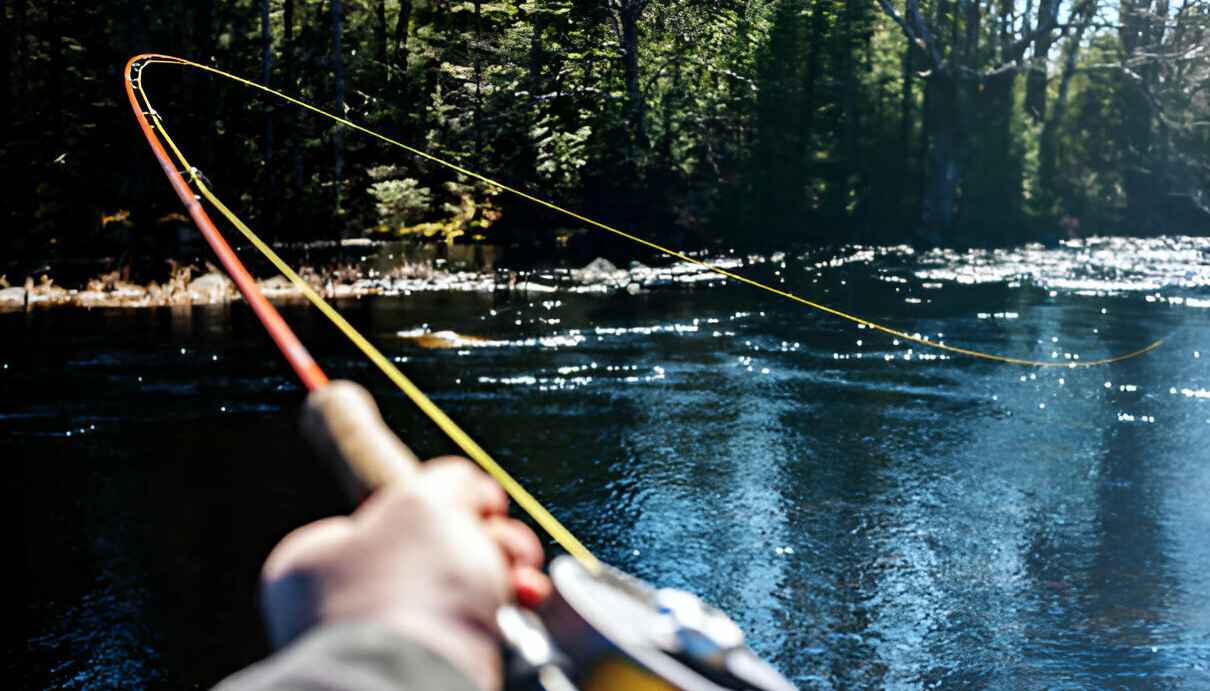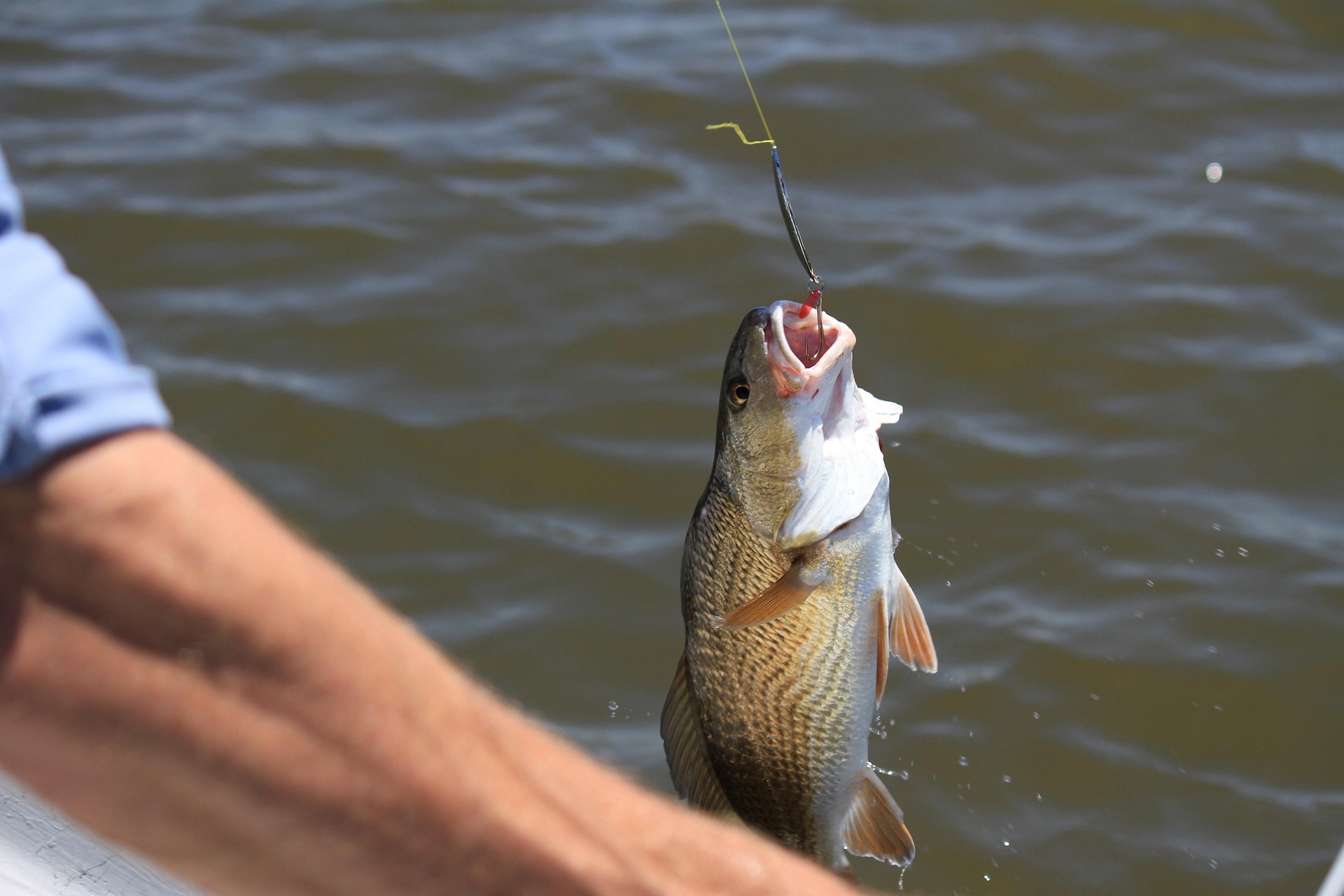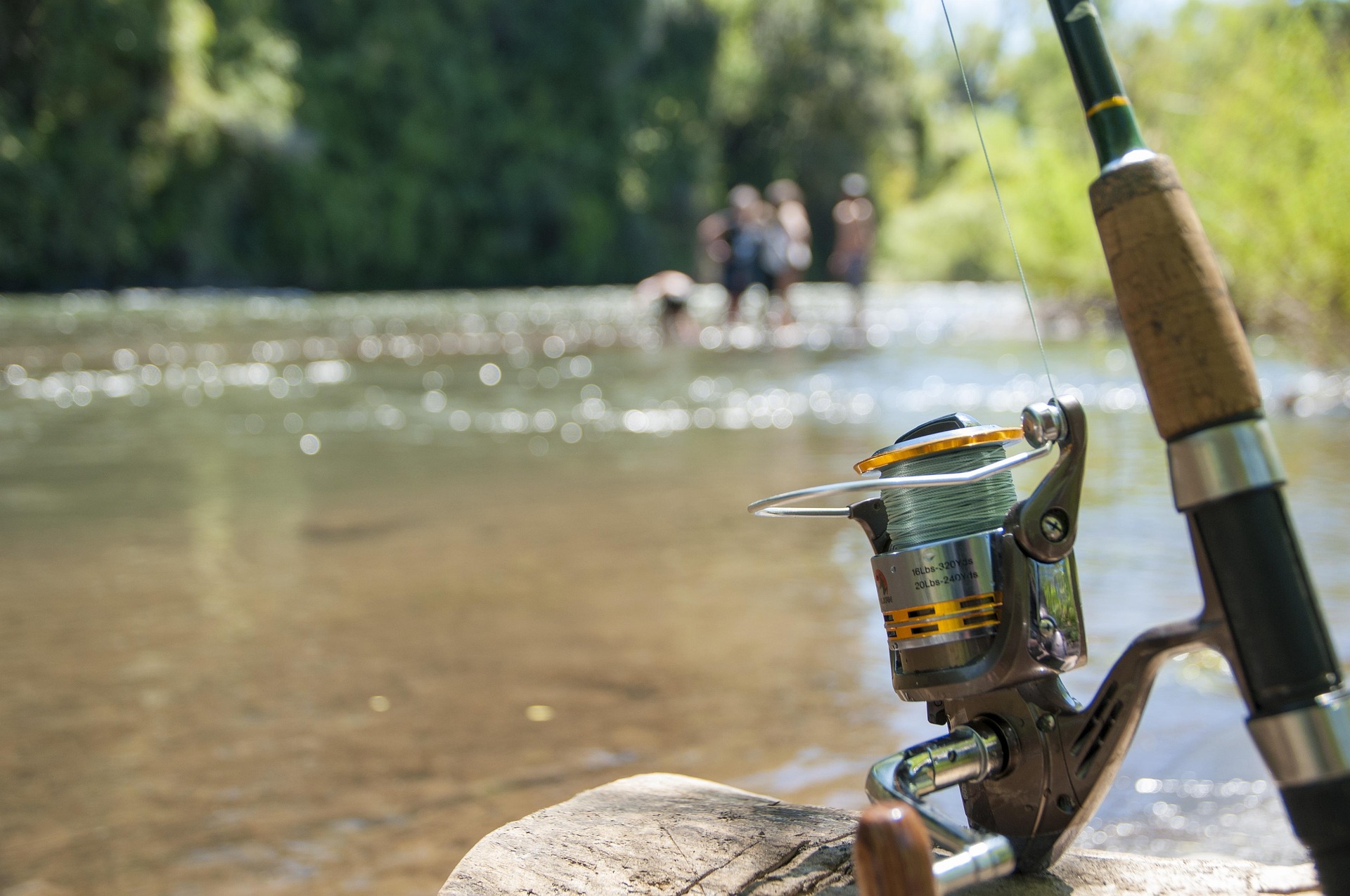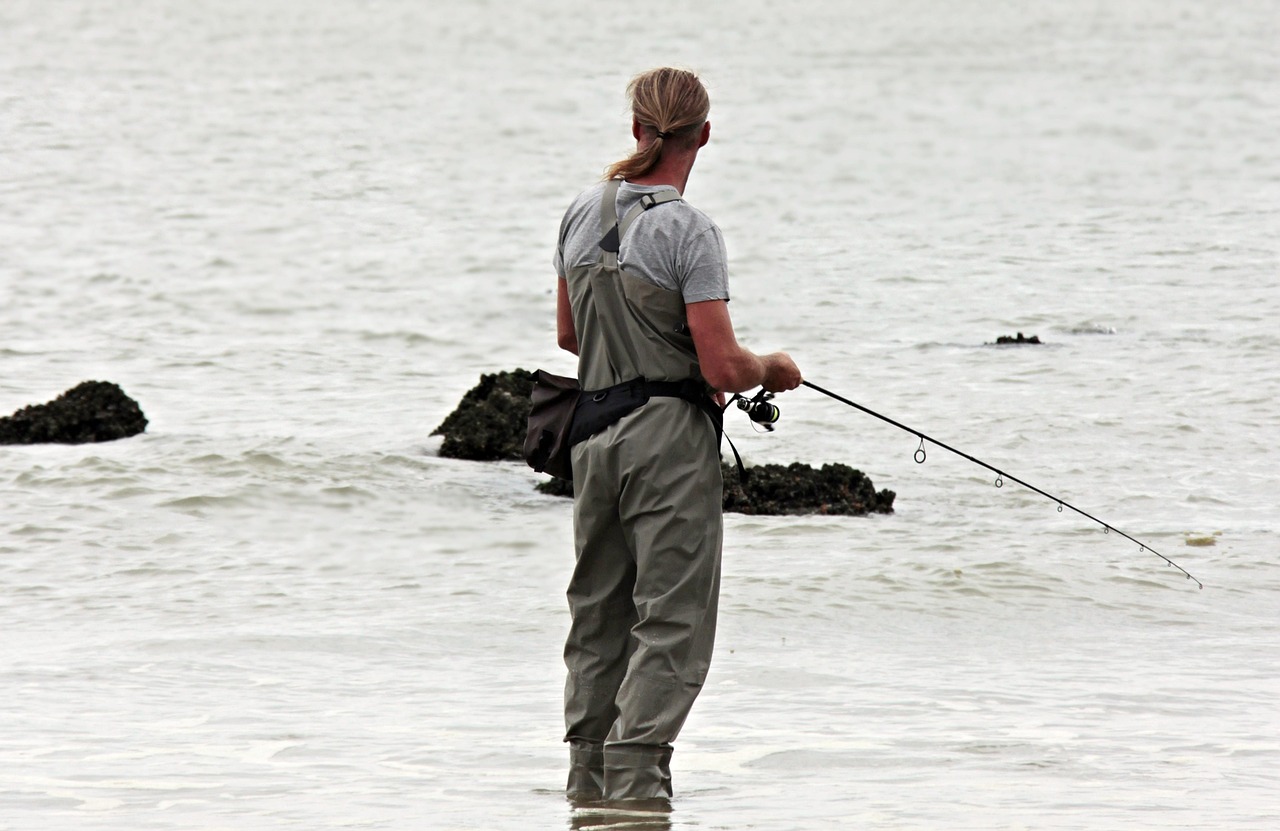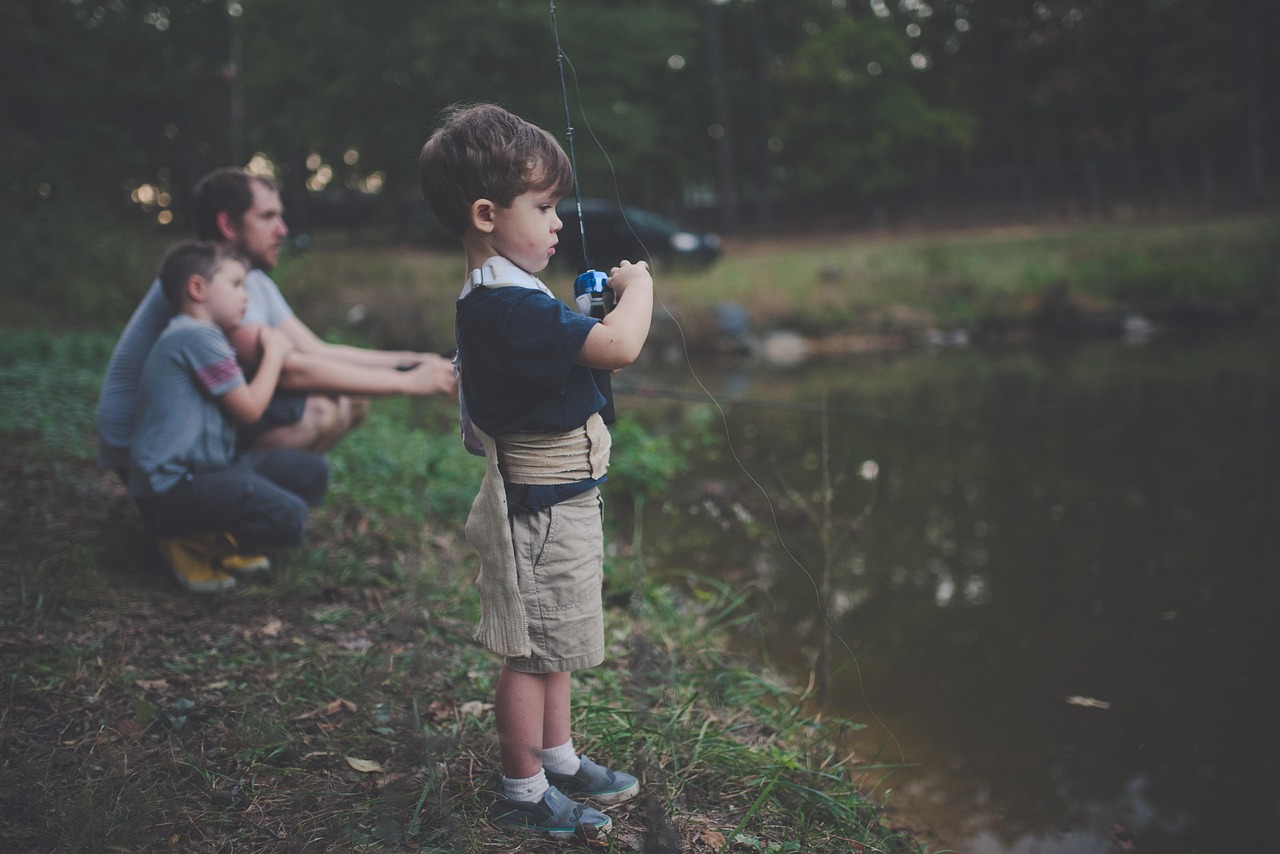When it comes to fishing, enthusiasts often find themselves facing a choice: fly fishing or spin fishing. Both methods offer unique experiences, specialized gear, and a variety of techniques to target fish in different environments. Whether you’re a beginner just starting to explore the world of fishing or an experienced angler looking to refine your skills, choosing between these two methods can be challenging. Understanding the differences, advantages, and drawbacks of fly fishing versus spin fishing will help you make an informed decision on which method suits your preferences and fishing goals.
What Is Fly Fishing?
Fly fishing is a technique that involves casting a lightweight artificial fly (often made of feathers, fur, or synthetic materials) to attract fish. Unlike traditional fishing methods, fly fishing requires a specialized fly rod, reel, and line. The key to fly fishing is the casting technique, which involves making a delicate, fluid motion to land the fly on the water surface without disturbing the surrounding area.
Advantages of Fly Fishing:
- Specialized Technique: Fly fishing allows for precise and technical casting, which can be crucial when fishing in areas with clear, calm waters where fish are more likely to be spooked by larger movements or noisy disturbances.
- Catching a Variety of Fish: Fly fishing is effective for catching a wide variety of species, from freshwater trout to saltwater species like bonefish and tarpon.
- Environmentally Integrated: Fly fishing tends to integrate well with natural surroundings, requiring a more subtle approach. It’s ideal for anglers looking for a deeper connection with nature and often offers quieter, more peaceful fishing experiences.
- Versatility in Techniques: Fly fishing encompasses a wide range of styles such as dry fly fishing (where the fly floats on the surface), nymphing (where the fly is submerged), and streamer fishing (using larger, moving flies to attract predatory fish).
What Is Spin Fishing?
Spin fishing, also known as baitcasting or conventional fishing, is a more mainstream and straightforward method that uses a spinning reel and rod to cast various lures or live bait. Spin fishing can be done in both freshwater and saltwater environments and is typically simpler for beginners to learn compared to fly fishing.
Advantages of Spin Fishing:
- Ease of Learning: Spin fishing is widely regarded as one of the most accessible fishing methods, particularly for newcomers. The casting motion is simpler and more intuitive compared to the finesse required for fly fishing.
- Versatile Gear: Spin fishing rods are often more lightweight, compact, and easier to manage, making them ideal for various fishing conditions and locations. From deep-sea fishing to pond fishing, spin fishing gear can be adapted for a wide range of needs.
- Wide Range of Bait Options: Spin fishing allows for a variety of bait options, including lures, spinners, jigs, and live bait. This makes it a versatile method for attracting different fish species.
- Efficient Casting: Spin rods are known for their ability to cast long distances with ease. This is particularly useful for fishing in large lakes, rivers, or offshore.
Fly Fishing vs. Spin Fishing: Key Differences
| Aspect | Fly Fishing | Spin Fishing |
|---|---|---|
| Skill Level | Requires more skill and technique, especially in casting. | Easier to learn and more accessible for beginners. |
| Casting Technique | Delicate, controlled casting with a fly rod and line. | More straightforward, with a spinning reel and rod. |
| Gear | Specialized fly rod, reel, and lightweight line. | Standard spinning rod, reel, and various lures/bait. |
| Fishing Environment | Best for clear waters, streams, and rivers, but also used in saltwater. | Suitable for lakes, rivers, ponds, and even offshore. |
| Types of Fish | Ideal for species like trout, salmon, and bass, and saltwater fish like tarpon. | Versatile for a variety of species including bass, pike, and panfish. |
| Casting Distance | Typically shorter, requires precision. | Longer casting distances possible. |
| Cost | Gear can be expensive, especially for high-end rods and reels. | More affordable and widely available gear. |
Which Method Should You Choose?
The decision between fly fishing and spin fishing ultimately comes down to your preferences, the fishing environment, and the type of fish you’re hoping to catch. Let’s break it down to help you decide:
Choose Fly Fishing If:
- You enjoy challenges and are looking to master a refined and technical technique.
- You want to focus on catching species like trout, salmon, or other freshwater or saltwater species that respond well to artificial flies.
- You prefer a quieter, more intimate fishing experience that involves a deep connection with nature and requires precision casting.
- You plan to fish in clear, calm waters such as mountain streams, rivers, or saltwater flats.
Choose Spin Fishing If:
- You’re a beginner who wants an easier entry into fishing without needing to learn complex casting techniques.
- You’re looking for a versatile, practical method to fish in a variety of environments including lakes, rivers, ponds, and even from boats.
- You prefer fishing with live bait or artificial lures like spinners, jigs, or soft plastics.
- You want the ability to cast long distances and fish for a wide variety of species, including bass, catfish, walleye, and more.
Final Thoughts: Embrace Both Fishing Worlds
It’s important to recognize that both fly fishing and spin fishing have their own unique advantages and appeal. If you’re unsure, why not try both methods? As you gain more experience, you might find that one suits certain conditions better than the other. Ultimately, both approaches allow you to enjoy the peace of nature and the thrill of landing a fish.
Regardless of which method you choose, remember that fishing is as much about the experience as it is about the catch. Whether you’re casting a fly or spinning a lure, the joy of spending time outdoors, honing your skills, and connecting with nature is what truly matters.

